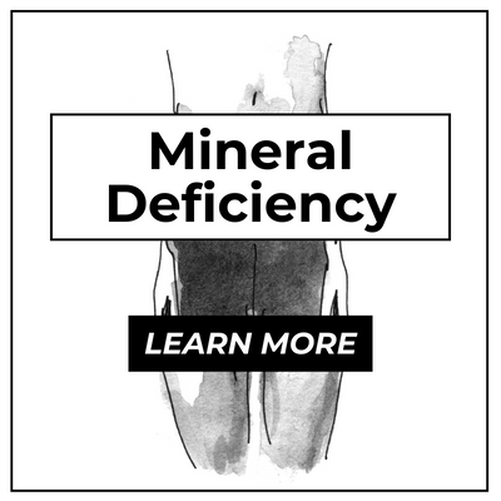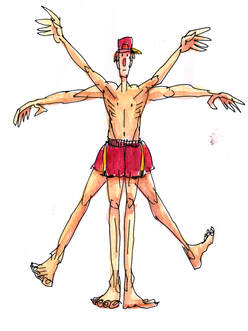Nutrition is an important consideration for every injury. For bony stress injuries and mineral deficiencies, however, it's essential. For these cases, we collaborate with Diane Johnson MS, RDN, CSSD.
Diane is a Certified Specialist in Sports Dietetics and Certified Intuitive Eating Counselor with an interest in helping individuals overcome over-, under-, emotional, and restrictive eating.
She has worked at Team Prep USA, the Olympic Training Center, the Chicago Cubs, and was Second Team All-American in the 10,000 meters at the University of Arkansas.
Diane is a Certified Specialist in Sports Dietetics and Certified Intuitive Eating Counselor with an interest in helping individuals overcome over-, under-, emotional, and restrictive eating.
She has worked at Team Prep USA, the Olympic Training Center, the Chicago Cubs, and was Second Team All-American in the 10,000 meters at the University of Arkansas.
|
x
Bony Stress InjuriesBones are in a constant tug of war between breaking down and building up. When you put stress on the body like in training, your tendons, muscles, ligaments, and even bone go through a period of breakdown called catabolism.
The body responds to this breakdown by utilizing nutritional resources to re-build those stressed areas. Sugars are replaced in the form of glycogen and stored in the muscle and liver. Calcium, Vitamin D, and collagen help rebuild, tendons, ligaments, and cartilage, while proteins rebuild our muscles. Properly programmed nutrition and supplementation alongside medically sound PT and run programming gets you back sooner, safer. |
x
AnemiaAnemia (low iron levels) is the most common type of mineral deficiency in runners. Endurance running puts a big stress on the cardiovascular system. Over time, if nutrition isn't dialed in, the damage to the red blood cells can decrease your iron count.
Iron is super important for delivering oxygen to your muscles. If your iron levels are low, you simply won't be able to supply the maximium amount of oxygen possible. This can have huge impacts on performance, including low energy, decreased VO2max, and quickness to fatigue. Anemia can be easily avoided with iron supplementation, and it's a good idea to work through this with a Nutritionist. Don't let anemia tank your season! |
STRESS + RECOVERY = ADAPTATION
When you train as hard as you do, nutrition becomes even more important because you're always riding that line between breakdown and buildup.
Nutrition falls in the "RECOVERY" portion of the equation above, along with other factors like sleep and meditation. If your nutrition isn't adequate, your body will never be able to fully recover, leading to a lesser adaptation.
If this equation is unbalanced for too long, the continued stress will decrease tissue quality and increase likelihood of injury. Addressing nutritional, sleep, and recovery imbalances are essential for a strong recovery.
Nutrition falls in the "RECOVERY" portion of the equation above, along with other factors like sleep and meditation. If your nutrition isn't adequate, your body will never be able to fully recover, leading to a lesser adaptation.
If this equation is unbalanced for too long, the continued stress will decrease tissue quality and increase likelihood of injury. Addressing nutritional, sleep, and recovery imbalances are essential for a strong recovery.
|
When you're ready to take on this collaborative
approach, please click the link below: |
Diane Johnson MS, RDN, CSSD
|





